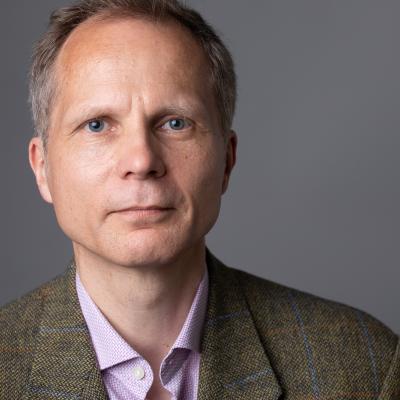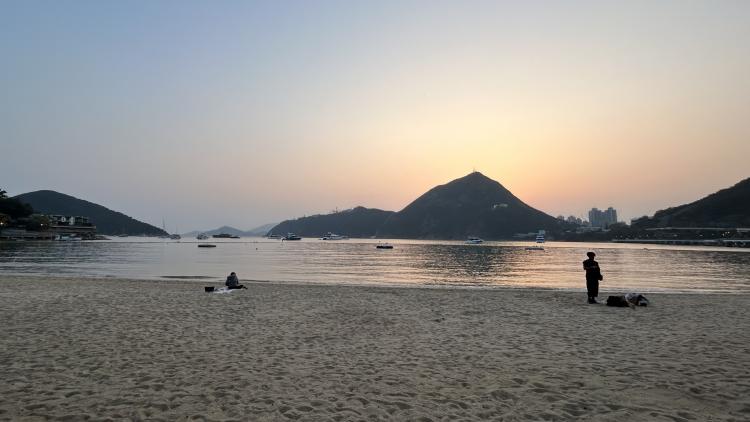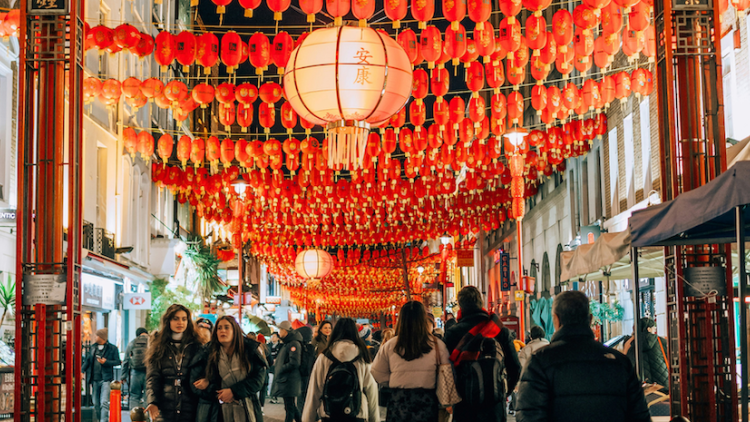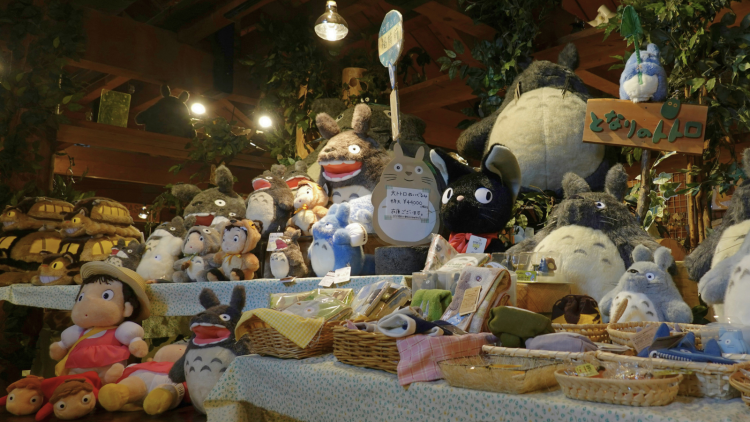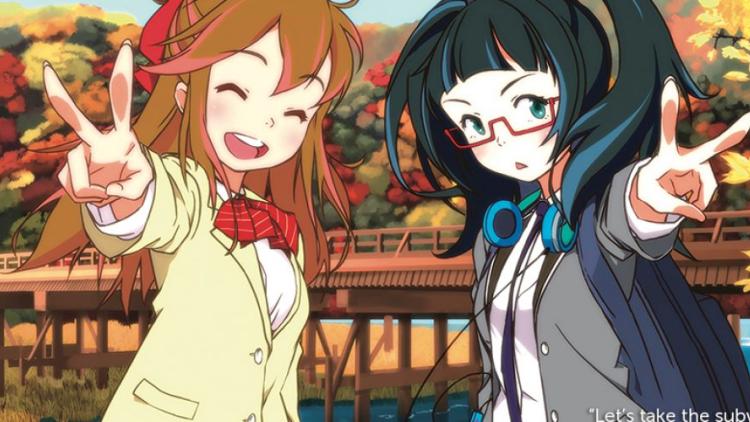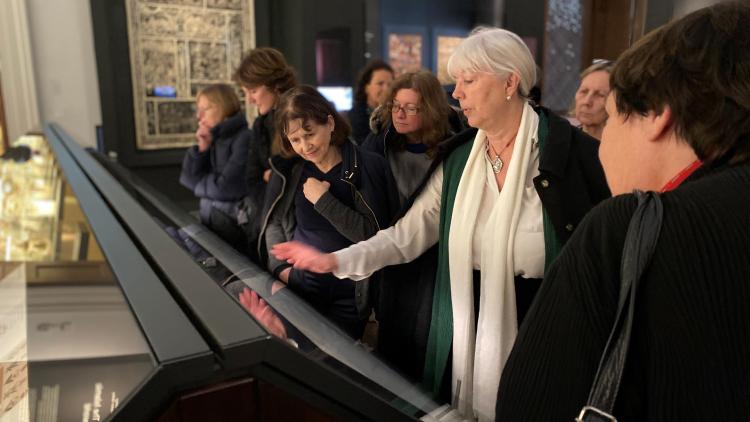BA Korean and...
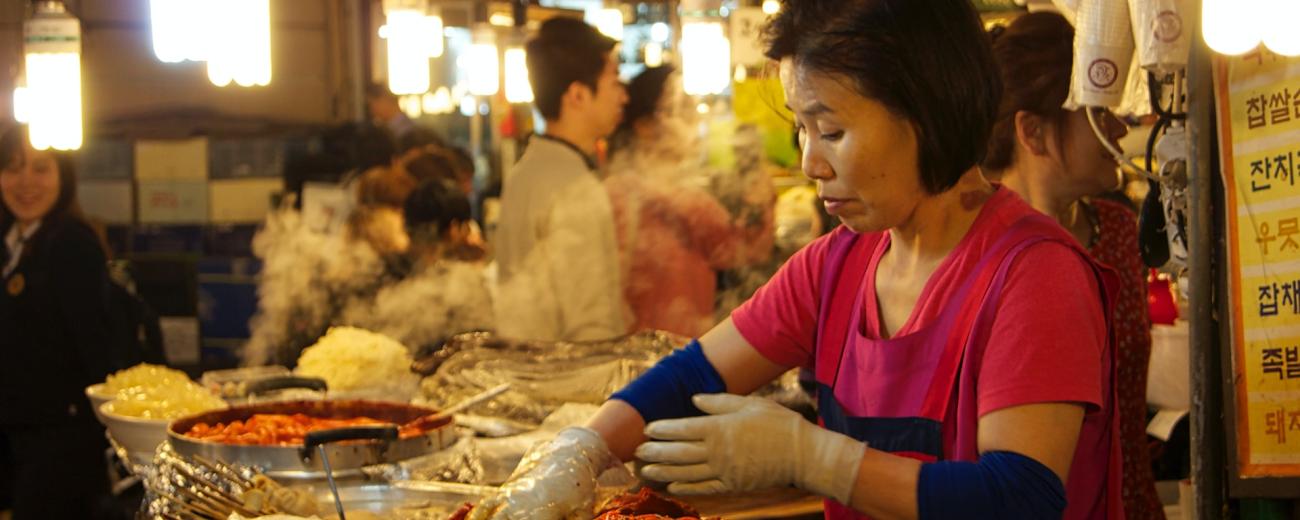

Key information
- Duration
- 4 years
- Start of programme
- September
- Attendance mode
- Full-time
- Location
- Russell Square, College Buildings
- Fees
-
Home student fees: £9,250
Overseas student fees: £21,990Please note that fees go up each year.
See undergraduate fees for further details. - Entry requirements
-
AAA-ABB
For joint degrees, the offer is based on the subject with the higher entry requirements.
Contextual: AAB-BBB
-
Austria: Reifeprufungszeugnis / Maturazeugnis: four subjects at 1, 2, 2, 2
A Level equivalent: ABB
Contextualised offer: BBB -
Belgium: Diploma van Secundair Onderwijs: 75% (7.5/10, 15/20) overall
A Level equivalent: ABB
Contextualised offer: BBB -
Bulgaria: Diploma za Zavarsheno Sredno Obrazovanie: 5.3 and 5.0 in two State Maturity Exams
A Level equivalent: ABB
Contextualised offer: BBB -
Canada: High School Diploma: 80% with 5 acceptable Grade 12 subjects (most territories).
British Columbia: AABBB in Grade 12 courses.A Level equivalent: ABB
Contextualised offer: BBB -
China: Senior Secondary Graduation Certificate + Gaokao: 78% overall in Gaokao PLUS 85% overall in Senior Secondary School Graduation Certificate (year 11 and 12)
A Level equivalent: ABB
Contextualised offer: BBB -
Croatia: Matura Certificate: 4.5 overall with 5 in 1 Higher level subject
A Level equivalent: ABB
Contextualised offer: BBB -
Cyprus: Apolytirion with 2 A-Levels: Apolytirion 18/20 + A-level grades BB
A Level equivalent: ABB
Contextualised offer: BBB -
Czech Republic: Matura Certificate: 1, 2, 2, 2
A Level equivalent: ABB
Contextualised offer: BBB -
Denmark: Studentereksamen; Hojere Forberedelseseksamen; Hojere Handelseksamen; Hojere Teknisk Eksamen: 7 plus 10, 7, 7 in three Level A subjects
A Level equivalent: ABB
Contextualised offer: BBB -
Estonia: Gümnaasiumi lõputunnistus with the Riigieksamitunnistus: 4.0 with 85%, 80%, and 80% in 3 state exams
A Level equivalent: ABB
Contextualised offer: BBB -
Finland: Ylioppilastukint / Studentexamen: four subjects at 6, 5, 5, 5
A Level equivalent: ABB
Contextualised offer: BBB -
France: French Baccalaureat or Option Internationale du Baccalauréat (OIB): 13/20
A Level equivalent: ABB
Contextualised offer: BBB -
Germany: Abitur: 1.8
A Level equivalent: ABB
Contextualised offer: BBB -
Greece: Apolytirion of Geniko Lykeio with Pan Hellenic exams: 18/20
A Level equivalent: ABB
Contextualised offer: BBB -
Hong Kong: Hong Kong Diploma of Secondary Education: 544 in two electives and one core (all other subjects grade 3)
A Level equivalent: ABB
Contextualised offer: BBB -
Hungary: Matura (Erettségi): 4.5 overall
A Level equivalent: ABB
Contextualised offer: BBB -
Iceland: Stúdentspróf: 7.5
A Level equivalent: ABB
Contextualised offer: BBB -
India: Standard XII: 75% (CBSE, CISCE, Tamil Nadu, Maharashtra & West Bengal boards), 80% (all other state boards)
A Level equivalent: ABB
Contextualised offer: BBB -
Ireland: Irish Leaving Certificate: H1, H2, H2, H3, H3
A Level equivalent: ABB
Contextualised offer: BBB -
Israel: Bagrut: Overall grade of 7, 80% with 3 subjects at 5-unit level
A Level equivalent: ABB
Contextualised offer: BBB -
Italy: Diploma Consequito con L’Esame di Stato: 80% overall
A Level equivalent: ABB
Contextualised offer: BBB -
Latvia: Certificate of General Secondary Education: 88% in four State subject exams
A Level equivalent: ABB
Contextualised offer: BBB -
Lithuania: Brandos Atestatas: 8.5/10 and 90%, 85%, 85% in three State Exam
A Level equivalent: ABB
Contextualised offer: BBB -
Malta: Advanced Matriculation Certificate: AB (Advanced) + BBB (Intermediate)
A Level equivalent: ABB
Contextualised offer: BBB -
Netherlands: Voorbereidend Wetenschappelijk Onderwijs: 7.5 overall with 8, 8, 7, 7 in four subjects
A Level equivalent: ABB
Contextualised offer: BBB -
Norway: Vitnemål vidergaende opplaering: 4.3 overall
A Level equivalent: ABB
Contextualised offer: BBB -
Poland: New Polish Matura: 75% in three Advanced Level subjects
A Level equivalent: ABB
Contextualised offer: BBB -
Portugal: Diploma de Ensino Secundario: overall 17.5/20
A Level equivalent: ABB
Contextualised offer: BBB -
Romania: Diploma de Bacalaureat: 8.5 overall
A Level equivalent: ABB
Contextualised offer: BBB -
Singapore: Polytechnic Diploma (Nanyang, Ngee Ann, Singapore, Temasek and Republic Polytechnic): GPA 3.3
A Level equivalent: ABB
Contextualised offer: BBB -
Slovakia: Maturitná skúška / Maturita / Vysvedčenie o maturitnej skúške: four subjects at 1, 2, 2, 2
A Level equivalent: ABB
Contextualised offer: BBB -
South Africa: National Senior Certificate: 77666
A Level equivalent: ABB
Contextualised offer: BBB -
Spain: Curso de Orientación Universitaria / Título de Bachillerato: 7.5
A Level equivalent: ABB
Contextualised offer: BBB -
Sweden: Slutbetyg / Examensbevis från Gymnasieskolan: A in 1200 credits and no grades below D / 18 / mainly B overall (MVG/VG)
A Level equivalent: ABB
Contextualised offer: BBB -
Switzerland: Federal Maturity Certificate: 4.5
A Level equivalent: ABB
Contextualised offer: BBB -
Tanzania: Advanced Certificate of Secondary Education: ACSE with BBB in 3 principle subjects
A Level equivalent: ABB
Contextualised offer: BBB -
Trinidad and Tobago: CAPE: Six CAPE units with grade 2 (+two double-unit courses)
A Level equivalent: ABB
Contextualised offer: BBB -
Turkey: Lise Diplomasi: 78-83% (depending on high school)
A Level equivalent: ABB
Contextualised offer: BBB -
USA: High School Diploma plus ACT, SAT, or AP exams:
-
High School Diploma GPA 3.0 plus SAT 1280 or ACT 27 and 2 AP's at 4,4
or -
High School Diploma GPA of 3.2 plus 2 AP's at 4,4
or -
High School Diploma GPA 3.4 plus SAT 1300 or ACT 29
or -
2-year Associate degree GPA 3.1
A Level equivalent: ABB
Contextualised offer: BBB -
-
See undergraduate entry requirements and English language requirements for international and alternative entry requirements.
Course overview
The BA Korean combined honours degree provides students with the highest level of competence in all aspects of the written and spoken language, as well as an introduction to both classical and modern Korean culture - from the study of pre-modern Korean literature and history, to contemporary Korean cinema and TV.
This Korean degree programme is suitable for both absolute beginners as well as those with some knowledge of the Korean language. Students will spend the third year of study in Korea furthering language proficiency and understanding of the local business practices and culture. Additionally, the nature of the combined honours degree will allow you to create a specialist pathway for yourself by studying another subject. All students will spend year three in South Korea at either Korea University or Sogang University.
Why study Korean Combined Honours at SOAS?
- we are ranked 12th in the UK for Modern Languages (QS World University Rankings 2023)
- gain essential language skills but also have an opportunity to study modules on culture, history, literature, cinema, politics.
- spend your third year in Korea furthering language and cultural proficiency
Degree combinations
May be combined with
- Development Studies , TL49 BA/KODVS
- Economics , LTCL BA/KOEC
- History , TVL1 BA/KOH
- History of Art & Archaeology , VT34 BA/HAAK
- International Relations , LT24 BA/IRK
- Law , MTDL BA/LWKO
- Linguistics , QTCJ BA/KOLG
- Music , TWLJ BA/MSKO
- Politics , LTFL BA/POLKO
- Social Anthropology , LTPL BA/SAKO
- World Philosophies , T431 BA/KOWP
Key information set data
Structure
Students take 120 credits per year totaling 480 credits during their time at SOAS. The credits taken at SOAS are normally split 60/60 per academic year.
- Year 1: students normally take 60 credits of language and 60 credits from their second subject.
- Year 2: students continue with language learning and choose modules on culture, history, literature within the Korean syllabus to the value of 60 credits. The remaining 60 credits will be taken from the second subject.
- Year 3: the third year will be spent at a university in South Korea where the focus will be on intensive language training.
- Year 4: students continue with higher level language learning and choose modules on culture, history, literature within the Korean syllabus to the value of 60 credits. The remaining 60 credits will be taken from the second subject.
Important notice
The information on the website reflects the intended programme structure against the given academic session. The modules are indicative options of the content students can expect and are/have been previously taught as part of these programmes. However, this information is published a long time in advance of enrolment and module content and availability is subject to change.
Year 1
Core module
This module must be passed in order to progress to the following year of study
Second subject
Students take 60 credits from the syllabus of the second subject
Year 2
Core module
This module must be passed in order to progress to the following year of study
Compulsory modules
Students will take the modules below
Second subject
Students take 60 credits from the syllabus of the second subject
Year 3
All students spend their third year in South Korea at one of the universities listed below, following successful completion of their second year. Students indicate preferences, but final allocation will be determined by the department.
- Korea University
- Seoul National University
- Sogang University
- Kyung Hee University
- Pai Chai University
- Kyemyung University
Year 4
Compulsory module
Students must take the module below
And
Guided option
Choose modules from List A, List B, or open options list to the value of 30 credits.
And
Second subject
Students take 60 credits from the syllabus of the second subject.
Year 4 - List A
Guided option modules
FHEQ Level 6
Year 4 - List B
Language modules
FHEQ Level 5/6
Teaching and learning
All full-time undergraduate programmes consist of 120 credits per year , in modules of 60, 30 or 15 credits. They are taught over 10 or 20 weeks. The programme structure shows which modules are taught over one term or the full year. It also shows which modules are compulsory and which are optional.
Contact hours
As a rough guide, 1 credit equals approximately 10 hours of work. Most of this will be independent study. It will also include class time, which may include lectures, seminars and other classes. Some subjects, such as learning a language, have more class time than others.
Year abroad
All students spend their third year in South Korea at one of the universities listed below, following successful completion of their second year. Students indicate preferences, but final allocation will be determined by the department.
- Korea University
- Seoul National University
- Sogang University
- Kyung Hee University
- Pai Chai University
- Kyemyung University
SOAS Library
SOAS Library is one of the world's most important academic libraries for the study of Africa, Asia and the Middle East, attracting scholars from all over the world. The Library houses over 1.2 million volumes, together with significant archival holdings, special collections and a growing network of electronic resources.
Fees and funding
Fees for 2023/24 entrants per academic year
| Programme | Full-time | |
|---|---|---|
| Home students | Overseas students | |
| BA, BSc, LLB | £9,250 | £21,160 |
| BA/BSc Language year abroad | £1,385 | £10,580 |
Please note that fees go up each year.
See undergraduate fees for further details.
Employment
Graduates from the Department of East Asian Languages and Cultures develop competencies in intercultural awareness, analysis and communication. Demand for specialists with advanced proficiency in the languages of China, Japan and Korea has significantly increased in recent years, and graduates with these skills are highly sought after by employers.
Recent graduates have been hired by organisations including:
- Accenture
- Amazon
- Bloomberg LP
- Department for Work and Pensions
- European Alliance for Human Rights in North Korea
- European Commission
- ITN
- Japanese Government
- Korea Trade Centre (KOTRA)
- KPMG
- Mizuho Bank
- Nagahama Board of Education
- Nanjing Museum
- Pinsent Masons LLP
- PwC
- Seoul Metropolitan Government
- Shelterbox
- United Nations Development Programme
Find out about our Careers Service
